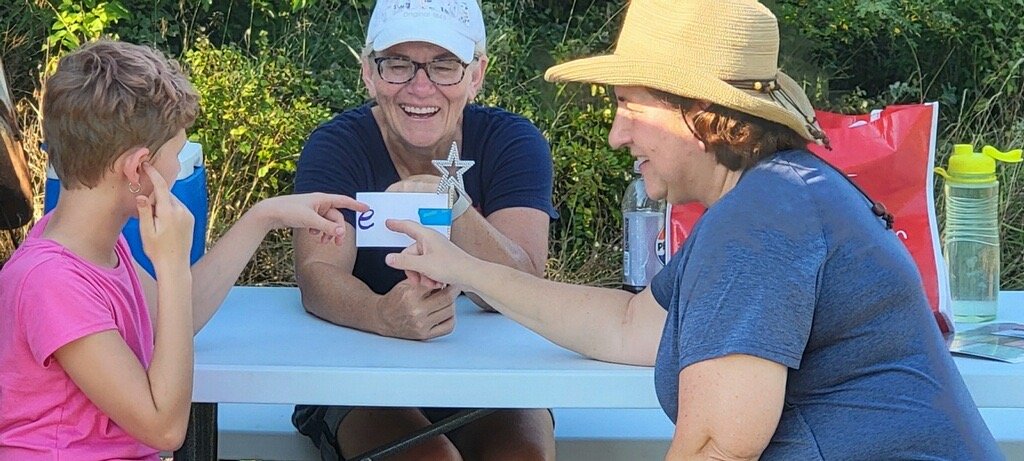
Our Programs
Equine Facilitated Learning
Equine-facilitated learning is an experiential process where humans and horses connect.
In this connection, there is comfort and peace that comes from being with the horse. When you are within 15 feet of a horse for 15 minutes, anxiety levels and heart rates are reduced. An atmosphere of openness and communication develops.
Research show’s that equine-assisted learning programs significantly improve communication, self-esteem, empathy, tolerance for stress, problem-solving skills, responsibility, teamwork, leadership skills, trust, and interpersonal relationships.
Our Programs
-
We are excited to now offer Horse Riding sessions for those interested in learning how to ride. We begin at the ground, teach about natural horse behavior, horse care, tack and safety. We then put into practice what we have learned and work our way into the saddle building confidence, skill and understanding the beautiful partnership between humans and horses. Each session builds on the other, as we work at the clients level of skill and confidence. Our goal isn’t just to ride- which is super fun- but to build self confidence and communication skills. We provide our clients with tools on how to respond to situations instead of reacting both in the saddle and in life. We are excited to offer varying levels of instruction.
Contact Us to get your lesson scheduled!
-
During a Horse Powered Reading or Horse Powered Math session, the horse becomes the material, book, or buddy students connect with.
Click to View the Horse Powered Reading Document
Click to View Horse Powered Reading Methodologies
Skills addressed:
Achieve higher-order thinking
Use critical and creative thinking
Overcome barriers to comprehension
Vocabulary Enhancement
Fluency Development
Practice study skills
-
Through the use of various mediums, including but not limited to applying paint, chalk, or clay to horses we learn:
To picture, express and explore emotions.
To honestly identify feelings resulting in emotional release, improved self-esteem, and easing of anxiety and depression.
To use newfound tools to respond to feelings and emotions, instead of reacting.
-
Emotions and skills are often out of balance. The use of tools and balance exercises alongside or on the horse can bring amazing benefits.
Development of new neural pathways
The replacement of “I can’t” with the “I can” mindset
Renewed hope, confidence, and courage in abilities
The creation of new neural pathways in the brain enriches our ability to adapt to new experiences, learning, and ideas. New memories are created as well.
We recognize each individual, and develop tools to specific needs and skills - recognizing them in their new found hope.
Horses As Teachers
Horses are honest in the way they react to situations. They are sentient beings and are able to feel and perceive the emotions of others. This interaction between horses and humans allows for profound learning to take place.
Horses are extremely sensitive to their environment.
They react to human body language and cues and give insight into emotion and how relationships, learning, and challenges are processed.
Horses allow for freedom and movement in learning.






























